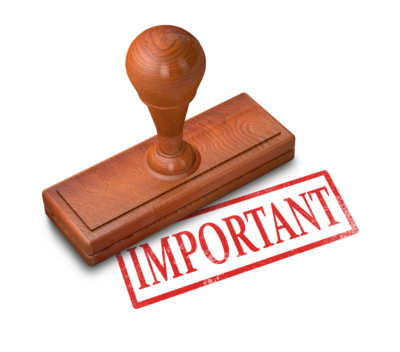Do You Think of Savings as An Important Expense?
By Julie Jaggernath
We all know that someone. They don’t look like they’re living life on a shoestring; they take annual trips, their kids play sports, and it’s not unusual to go out for dinner with them or take in a show together. But you can’t help but compare yourself; you earn about the same and have similar demands on your finances, yet they seem to be having an easier time. Do you wonder how they do it?
If you’re brave enough to broach the subject of money with them, they likely won’t tell you much because they don’t quite know how to explain it. The “it” is having a savings mindset.
A savings mindset doesn’t mean living as frugally as possible all the time. What it does mean, however, is consistently making choices that keep your current spending well below your means. By living on less than you earn you’re able to set money aside for spending later. That’s the way to make savings happen.
Why It’s Hard to Start Saving
The difficulty many people encounter is that when the notion of saving for later arises, they’re already enjoying a lifestyle of living at or above their means. Dialing their spending, expenses and commitments back to below their income can be a rough adjustment. It is however, a necessary one if saving for your future is to become a reality.
For people with a savings mindset, they think of savings as an expense. It’s the most important deduction from their chequing account as soon as they get paid. If you hadn’t thought of savings as an expense, here are 3 reasons why you should give it the priority it deserves:
Savings Protects You from Getting Into Debt
Savings is the secret weapon against debt. It gives you the money you need to pay for unexpected expenses, e.g. a car repair bill, dental expense, or property tax increase. Without cash on hand, most people pay unexpected bills and expenses with credit. Then once interest is added to what you borrowed, it takes that much longer to get back on track.
With Saved Money You Have Freedom
When you’ve got money saved to pay for what you need, it becomes possible to think about reducing your income. You call the shots and decide when you can afford to retire, if you can take a job you really want for less income, if you’re going to travel, help family or try your hand at the stock market. It’s your money and you get to choose.
Ways to Save Money for a Financial Goal in 5 Steps That Everyone Can Do
Your Sense of Well-Being Goes Up
Stress from money worries is real and significant, yet we often underestimate its effects. Knowing that you can provide for yourself and your family without depending on a steady pay cheque, government pensions or assistance, or loans from your financial institution gives you a powerful sense of peace.
Stop Living Pay Cheque to Pay Cheque – 3 Steps to Break the Cycle
Here’s How You Can Get a Taste of Financial Freedom
To get a sense of what financial freedom would feel like, open a separate savings account and set a goal to deposit to it regularly for 6 months. The easiest way to do this it to set up an automatic transfer whenever you get paid. Pick an amount that you can afford to do without, at least temporarily. You will be surprised how quickly the money that’s out-of-sight, out-of-mind adds up!
At the end of your trial period, contemplate all the things you can do with the money. A short weekend get-away, surprising your spouse or kids, or even paying a bill you didn’t think you could afford. As you consider your options, keep in mind how you feel; then look for ways to recreate these feelings on a larger scale over the long term, e.g. by working towards paying off your debts or even your mortgage.
The Ultimate List – How to Save Money
Saving is an Active Choice, You've Got Nothing to Lose
Making deliberate choices and decisions is the difference between having dreams and having goals. Saving money is an active choice; you won’t end up with the same results if you make saving a passive after-thought in your budget. The next time you think about your bills, expenses and obligations, factor savings into your budget as an expense category and pay yourself first. Regardless of how you save or what kind of account you put your saved money into, make the choice to give yourself money to spend later. It’s a habit you won’t be sorry you started.

Comments
People-Lend replied on Permalink
Take a bow, Julie!
K.Cheruyot Cosmas replied on Permalink
Re:Savings